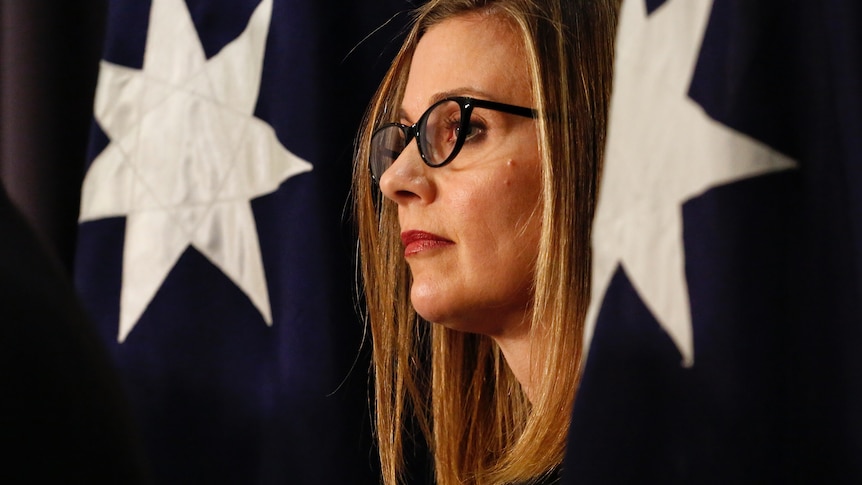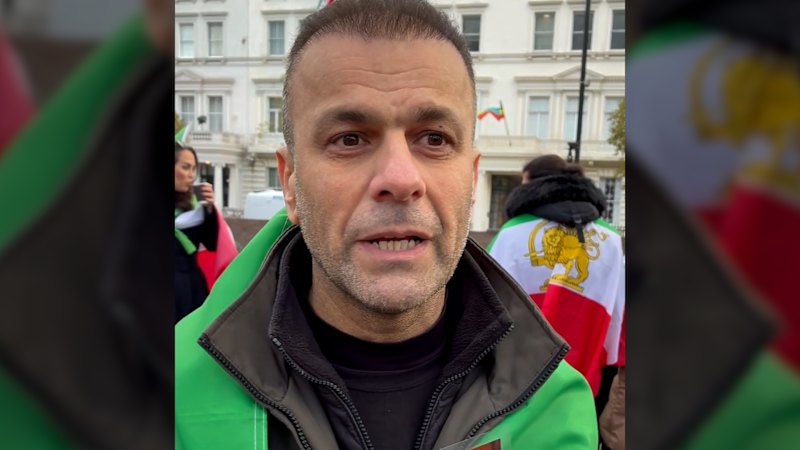
Australia’s eSafety Commissioner, Julie Inman Grant, has been summoned to testify before the US Congress amid allegations that her office is exerting undue influence over online content, potentially leading to censorship for American users. This unprecedented development raises significant questions about the intersection of international regulatory practices and free speech.
The testimony, scheduled for later this month, follows a growing backlash against Inman Grant’s office, which has been accused of implementing policies that critics argue infringe upon the rights of internet users. A prominent member of Congress has characterized Inman Grant as a “zealot,” reflecting the tension surrounding her approach to online safety.
Inman Grant’s role as eSafety Commissioner involves overseeing Australia’s online safety framework, which includes measures to protect children and vulnerable users from online harm. However, concerns have emerged that her office’s actions may extend beyond Australian borders, impacting how content is moderated on platforms used globally.
Critics emphasize that the office’s policies could lead to unintended consequences, such as restricting access to information or stifling free expression. The upcoming congressional hearing is expected to delve into these issues, examining the implications of Australian regulations on American internet users.
The US Congress has expressed a keen interest in understanding how international regulations might affect domestic platforms. Lawmakers are particularly concerned about maintaining a balance between protecting users and ensuring freedom of speech on the internet. Inman Grant’s testimony will likely provide insights into her office’s motivations and the rationale behind its policies.
As the hearing approaches, reactions from various stakeholders continue to emerge. Advocacy groups in the United States have voiced strong opposition to any form of censorship that could arise from foreign regulatory bodies. They argue that internet governance should prioritize transparency and the protection of individual rights.
Inman Grant’s appearance before Congress marks a significant moment in the ongoing dialogue about internet governance. It underscores the complexities of a digital landscape that transcends national borders, necessitating collaboration and understanding among various international bodies.
As the situation unfolds, the outcome of this hearing may set a precedent for how online safety regulations are approached globally. With the stakes high, both supporters and critics of Inman Grant’s policies are preparing for what could be a pivotal discussion on the future of internet freedom and safety.






